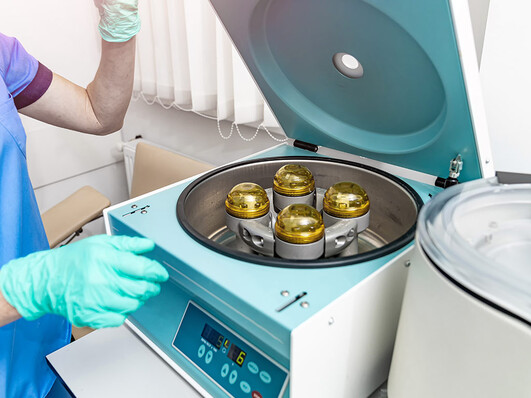澳洲5每日幸运奖结果-®澳洲五(5)最新开奖结果查询+官方历史记录
Simplifying everyday life in laboratories.
Family-run company
Guided by our values, we prioritize integrity, quality, and personal connections in all aspects of our business. With a commitment to excellence passed down through generations, we deliver exceptional products and services while nurturing team unity.
In-house manufacturing
With our internal manufacturing process, we maintain complete control over production, ensuring the highest standards of quality, efficiency, and innovation in every product.
Made in Germany
Grounded in German engineering, our commitment to quality craftsmanship is evident in all aspects of our operations. We maintain unmatched standards of excellence and precision, reflecting our dedication to superior quality and innovation in every product.
Sustainable practices
For us as a company, prioritizing sustainability isn't optional; it's our pledge to the planet. We integrate eco-friendly initiatives into our operations and strive for responsible stewardship, aiming to make a positive impact while meeting customer and community needs.
2026の澳洲5号码+马年幸运5结果记录-澳洲的幸运五 - 最新澳洲体彩记录

Centrifuges
Hettich has available for you a wide range of centrifuges along with numerous accessories and periphery items. Choose from 20 different models, from a manual centrifuge to high-performance floorstanding models for large sample volumes.

Automated Centrifuges
Hettich sets the standard in laboratory centrifugation with automated models known for quality, precision, and safety. Our centrifuges are essential in global lab systems, designed for reliable 24/7 operation.

Incubators
The HettCube incubators cater to diverse laboratory needs, including microbiology, genetics, and biotechnology. Designed with user-friendly features like clear displays and intuitive controls, they're perfect for both seasoned researchers and newcomers.
2026の澳洲5号码+马年幸运5结果记录 (综合查询)-
trusted worldwide.
With a legacy spanning 120 years, our worldwide-renowned products ensure top quality. Reach out to explore how we can meet your needs.

澳洲的幸运五:168体彩网幸运飞行艇官方最新开奖记录
澳洲幸运5平台实时更新开奖号码结果,支持澳洲幸运五在线计划查询与历史数据回顾
Discover our comprehensive Online Catalog where you can explore all our products, access technical data, and find contact information, all conveniently in one place. Unlock the complete range of offerings with just a click.






















